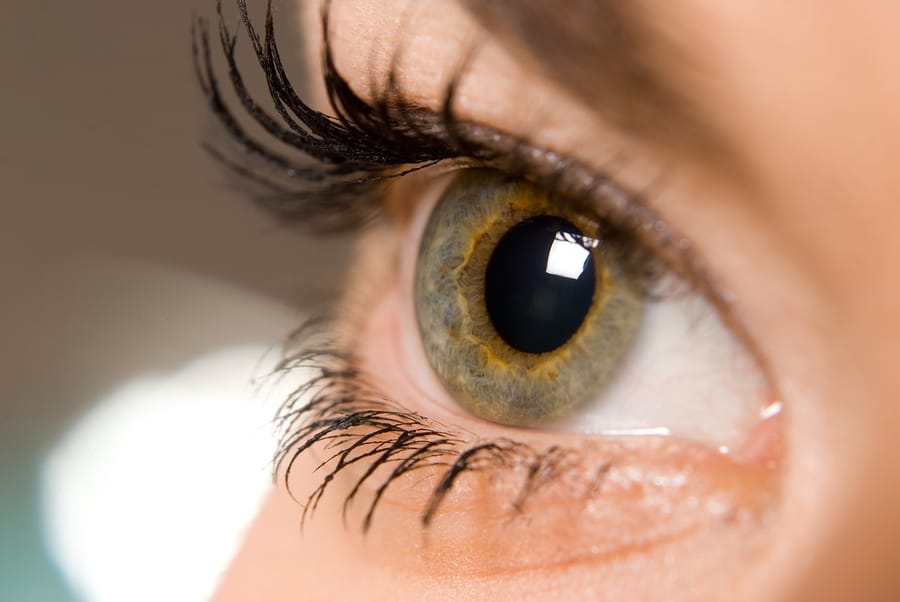
The Truth Behind Your Mysterious Pupil Dilation: No, It's Not Just About Dim Lights
- Aug 15, 2025
Weirding out why your pupils become as large as a full moon on a spooky night? Sure, it may be due to some moody dim lighting, but ever considered that this dilation could indicate something a little more… unexpected?
Welcome, brave heart, to the dark (and humorous) world of pupil dilation, otherwise known as mydriasis. A place where medical jargon meets your worst horror novel.
So, what causes our pupils to turn into black-hole impersonators? Plenty of factors – from the mundane to the eye-wideningly serious. Your eyes could be giving you a heads up about a lurking medical condition or injury. Chilling, right?
Medication – both the straight-up pharmacy kind and the DIY 'medicine' of the illegal variety – can cause pupils to dilate. Those fancy Mydriatics – eye drops created specifically to turn your pupils into black saucers for easy eye-checking – are top culprits.
Anticholinergics are another group you should watch out for. They are drugs that play hide and seek with your neurotransmitter acetylcholine, and in the process, Heck! They mess with pupil size too. So if you're on any of these medicines and your pupils seem to be auditioning for a sci-fi movie, having a chat with a healthcare expert won't hurt.
But let's not limit the blame game to drugs alone. Certain emotional or mental stimuli, from intense lust to arduous mental strains, can make your pupils go large. Essentially, anything from ogling Mila Kunis to solving quantum physics in your head can have the same effect.
Eye injuries? Yeah, they've got a seat at the dilating table too. In fact, you might end up with some added bonuses like vision changes or downright blindness.
Feeling a pressure building up? Brain injuries with rising intracranial pressure can lead to doom-like pupil dilation, affecting one or both eyes.
So, what should you do if your pupils decide to stay in this horror dilation show? Hit up medical attention, and fast! Since dilated pupils can be a red flag for something sinister, getting it checked is crucial.
Diagnosing dilation involves taking a stroll down memory lane with your healthcare provider. Together, you'll roll out your health history, hash out current symptoms, and any relevant trivia to determine the next Ariadne's thread in this dilation labyrinth.
Fear not though, brave heart! Whatever the cause of your pupil dilatation, know that the treatment is heavily dependent on it, and yes, there's always a way out of this horror. But in all seriousness: Don't ignore the signs. Pay attention to the silver linings, or in this case, the dark, circular ones.






